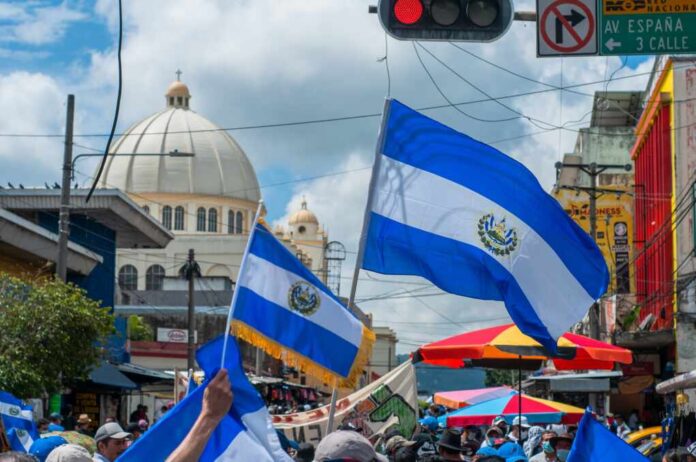
El Salvador’s swift recall of its ambassador to Mexico over allegations of a “drug plane” originating from Salvadoran territory exposes just how fragile regional trust remains—and how quickly accusations can spiral into international drama when national reputations are at stake.
At a Glance
- El Salvador recalled its ambassador to Mexico after Mexican authorities claimed a drug-smuggling plane seized in Colima originated from El Salvador.
- President Nayib Bukele immediately denied the accusation, released flight data, and demanded a public correction from the Mexican government.
- All three suspects arrested with the aircraft were Mexican nationals, according to official reports.
- The diplomatic standoff remains unresolved, with both nations sticking to their guns and regional security coordination under renewed scrutiny.
Mexican Accusations Ignite Diplomatic Firestorm
On July 3, 2025, Mexican security forces intercepted a small plane in Colima carrying nearly 940 pounds of cocaine. Mexican Security Minister Omar Garcia Harfuch wasted no time in publicly blaming El Salvador as the point of origin for the narco-flight, doubling down by sharing a map that put the aircraft’s departure somewhere south of San Salvador. Never mind that the evidence was shaky at best—when it comes to international finger-pointing, why let pesky details get in the way?
Watch: Bukele recalls his ambassador for consultations after Harfuch’s remarks
El Salvador’s President Nayib Bukele responded with the kind of backbone we wish more world leaders showed: he called Mexico’s claim “FALSE,” released radar data showing the plane never entered Salvadoran airspace, and demanded an immediate, public correction. Bukele also pointed out that all three suspects nabbed in the bust were Mexican nationals—so much for the narrative of Salvadoran complicity. Meanwhile, the Costa Rican government, whose radar first flagged the plane, backed El Salvador’s account, confirming the aircraft skirted Salvadoran skies entirely.
Bukele Calls Out Mexico and Defends National Pride
President Bukele’s reaction was swift and unambiguous: El Salvador would not tolerate being scapegoated for Mexico’s drug woes. He recalled Ambassador Delmy Canas from Mexico City and went public with radar evidence, challenging the Mexican government to retract its statement. Bukele’s message was clear—a country under his leadership won’t roll over and accept blame for someone else’s mess. This episode has only reinforced his tough-on-crime, pro-sovereignty image at home, a playbook Trump supporters in the U.S. will surely recognize and appreciate.
Tras el señalamiento de México por un supuesto narcoavión, Bukele ordena a su embajador regresar. #embajador #ElSalvador #Mexico #narcoavion
🔴Lee más aquí👉 https://t.co/eONb9epo3p pic.twitter.com/58hxiXcpHW— The Epoch Times Español (@EpochTimesEs) July 10, 2025
Mexico, for its part, tried to have it both ways. While Garcia Harfuch stuck to his guns about the aircraft’s flight path, he admitted all the arrested suspects were Mexican and expressed “respect” for El Salvador. That’s the diplomatic version of “my bad, but not really.” Meanwhile, both sides have continued their war of words as of July 13, with no resolution or retraction in sight. The ambassador remains recalled, and the region is left to wonder how much damage this episode will do to already-precarious anti-narcotics cooperation.
Regional Security at Risk Amid Political Posturing
With both nations digging in, the diplomatic rift threatens to erode the regional security networks essential for tracking drug flights and cracking down on transnational crime. The Central American air security network (APAN), which facilitates intelligence sharing among neighbors like Costa Rica, El Salvador, and Mexico, depends on trust and timely, accurate data. When a single unfounded accusation can lead to the recall of an ambassador, you can bet the next round of information-sharing will be a little less forthcoming.
Analysts warn that if this spat drags on, it could hamper everything from coordinated airspace monitoring to the willingness of governments to share actionable intelligence. The irony, of course, is that both governments claim to be fighting the same war on drugs. Yet, instead of unity, we get political grandstanding and public bickering—exactly the kind of nonsense that lets the real bad guys slip through the cracks. And don’t think for a second that cartels and smugglers aren’t watching this squabble with glee, counting on bureaucratic drama to buy them more time and more freedom to operate.

























